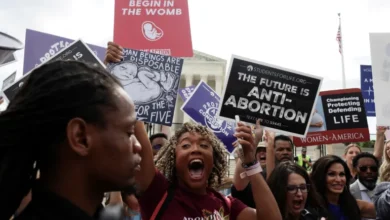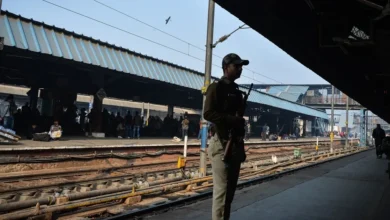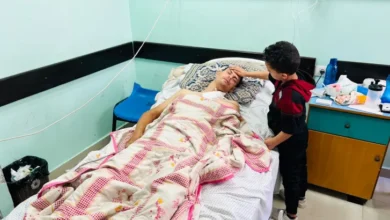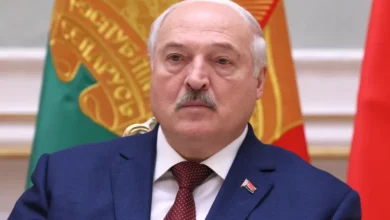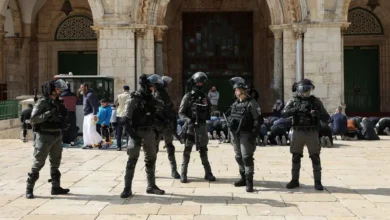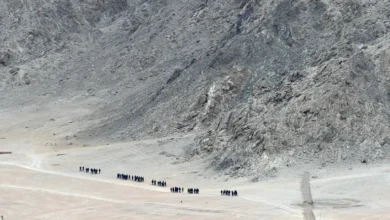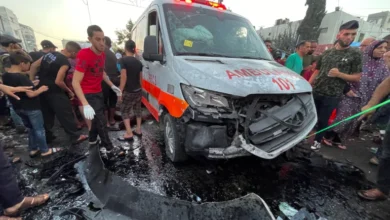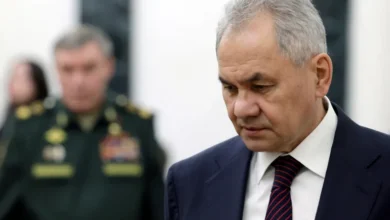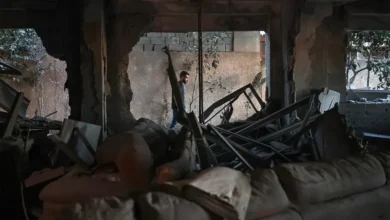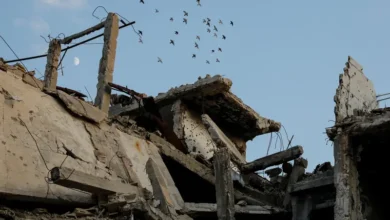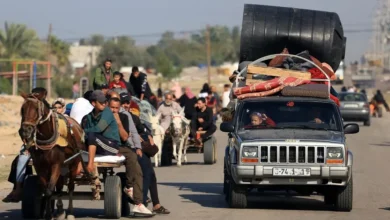Bitter but resilient: Ukraine fights on, two years into Russia’s war
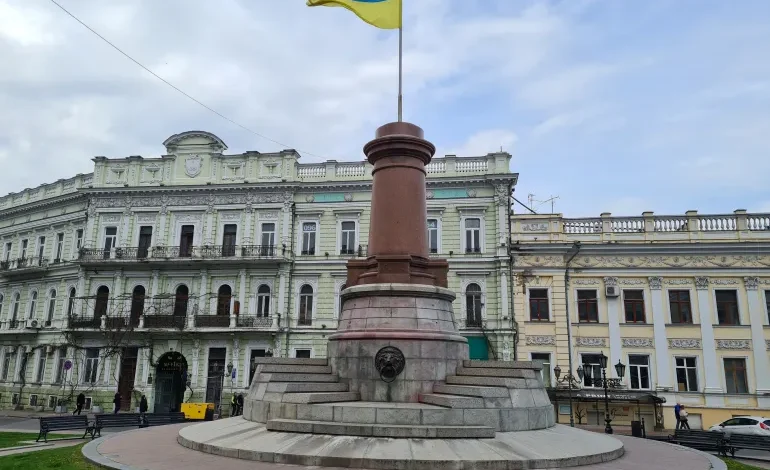
Andriy’s undermanned squad can only shoot 10 shells a day at encroaching Russian troops because of a dire shortage of ammunition.
The 45-year-old suffers from stomach pains, deteriorating eyesight and other consequences of multiple contusions that landed him in hospital several times.
Two years ago, Andriy defended Kyiv in the full-scale war’s first weeks until Russian troops withdrew after heavy losses, and fought in the eastern town of Bakhmut that fell to the Wagner private army last May.
The timing and duration of tours to “zero” positions, or the front lines of the eastern Donbas region, are unpredictable, and his commanding officers deliberately report less “zero” time for him to decrease his pay, he said.
But when it comes to Andriy’s determination to stand his ground, he has no doubts or qualms.
“This is my land, understand? I grew up here. I eat bread grown on this land. That’s what keeps me going,” he told Al Jazeera while on a break in the eastern city of Kharkiv.
He withheld his last name and his unit’s location in accordance with wartime regulations.
The absolute majority of Ukrainians – 85 percent – are confident of victory in the war that began two years ago today, according to a survey by the Rating Group, a Kyiv-based pollster, released on Monday.
Most of the remaining 15 percent hail from eastern or southern regions next to the front lines and occupied areas that witness the worst consequences of the war firsthand, it said.
“I’d agree for peace if they want to keep the occupied lands,” Konstantin, a resident of Kharkiv, Ukraine’s second-largest city that sits near the Russian border, told Al Jazeera.
Last spring, the shockwave from an explosion right next to his apartment building shattered his windows and blew open his solid metal front door.
He stayed on, but almost daily bombardments and the failure of last year’s counteroffensive have worn him out.
“I don’t want to grow old hearing the incoming [shelling] every day and night, because one day it’ll hit my home,” he said.
Western aid is crucial to Ukraine’s victory, say 79 percent of Ukrainians, according to the Rating Group’s poll.
But the aid is dwindling, while Western governments tacitly urge Kyiv to sign a truce with Moscow by recognising the loss of occupied areas that amount to one-fifth of Ukraine’s territory.
Peace talks – but on whose terms?
Yet, the public mantra of President Volodymyr Zelenskyy and every Ukrainian politician is: Moscow has to withdraw from all occupied areas before peace talks can begin.
“The political acknowledgment of the occupation is impossible, no politician will go for it, and the public won’t accept it, ” Kyiv-based analyst Alexey Kushch told Al Jazeera.
“There are unofficial talks about freezing the conflict according to the Korean scenario,” he said, referring to the Korean Armistice of 1953, under which North and South Korea agreed to an end to fighting without formally ending the war. But until the war is over, Ukraine will “officially announce maximal goals” to mobilise the public and Western allies, Kushch said.
The war has cost Ukraine 30 percent of its gross domestic product (GDP) and 3.5 million jobs, Prime Minister Denys Shmyhal said on Wednesday.
But the biggest loss is to its people.
At least 6.5 million people have fled abroad, and the population in Kyiv-controlled areas is below 30 million, analysts say – a far cry from the 52 million at the dawn of Ukraine’s independence in 1991.
